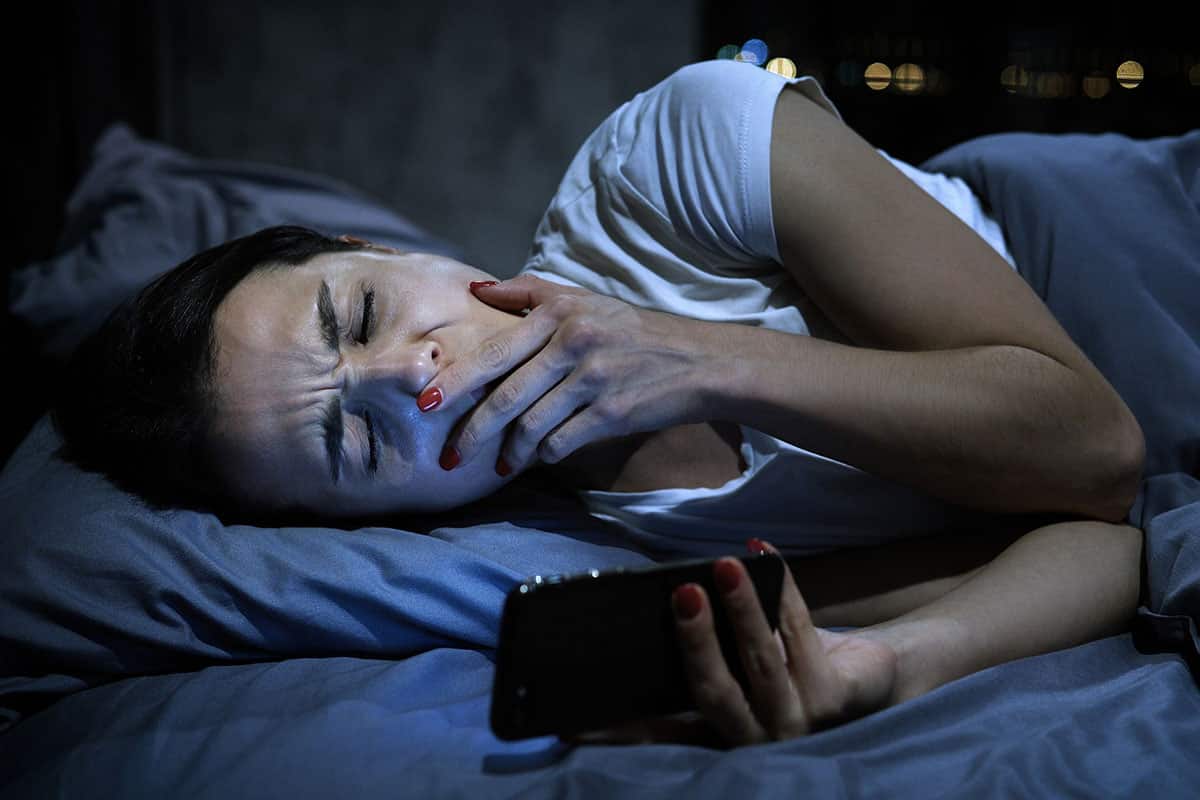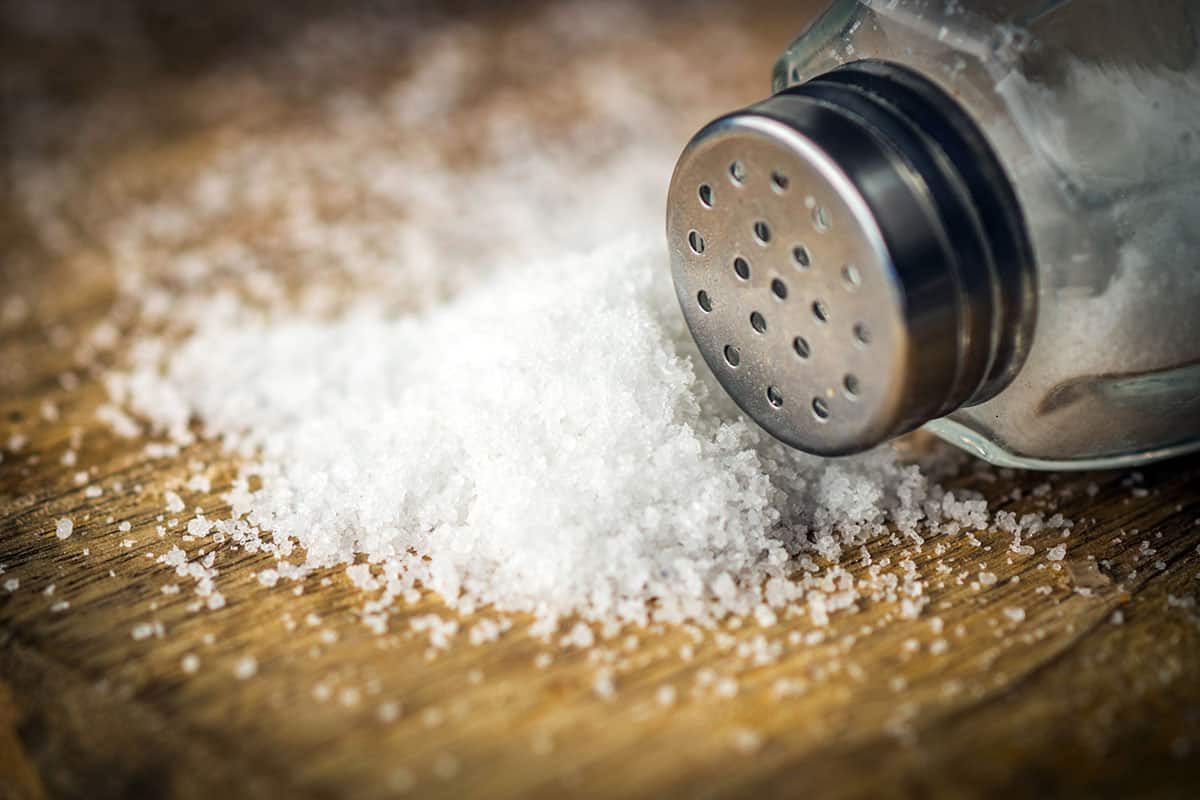
What could be more frustrating than getting out of bed and still feeling tired? It's definitely looking in the mirror and seeing swollen eyes that are screaming: "I had an amazing night out".
Well, if you really were at a party, don't worry, the bloating in your face will most likely disappear the next day after a full night's sleep. But what if you didn't go out last night and your eyes look puffy anyway? What may be the cause of waking up with such a tired-looking face regularly?
Puffy eyes are without a doubt one of the most unpleasant things you can experience in the morning, especially if you have a big meeting or a special day ahead of you. Fortunately, there are many ways that can help you get rid of them and improve your appearance. But in order to find the best solution for you, you must first figure out what is causing your swollen eyelids.
In this article, we will go over the most common reasons for eye puffiness and how you can deal with this unpleasant problem.
There are a bunch of causes that may lay behind your puffy eyes. They can range from some innocuous ones such as poor night's sleep and excessive salt consumption to medical-related causes such as thyroid problems or kidney disease. Furthermore, your age and genetics are also factors you need to consider.
It is critical to determine why you have early-morning puffy eyes so that you can take action and avoid them. Here we will look at some possible causes of swollen eyes.
Do you love eating french fries with spicy chicken tenders, or maybe you love having pasta with that creamy sauce? Do you frequently consider ordering burritos or tacos for dinner? Well, bad news. These foods contain too much salt and are one of the main culprits for early-morning puffy eyes.
They cause your body to retain fluid, resulting in unsightly under-eye swelling. Not to mention the negative impact that the excessive consumption of salty foods has on your overall health. So, the next time you're about to order a pizza or spaghetti for dinner, consider whether you're prepared to face the consequences the next morning.

Whether you regularly go out with friends, watch your favourite series, or lose track of time, not getting enough sleep will almost always affect your appearance. There is a great chance to experience dark circles as well as fluid and blood retention around your eyes. Furthermore, sleep deprivation can accelerate skin ageing, which not only causes wrinkles but also worsens the look of dark circles and under-eye bags.
Enjoying a night out with friends and drinking alcohol is a good way to unwind. However, waking up with a puffy face in the morning may not be as enjoyable. It's not surprising to have swollen eyelids after a night of drinking. Such beverages might dehydrate your body and create water retention around your eyes.
Of course, you can enjoy a glass of wine every now and then, and there is nothing wrong with it. However, don't let this become your constant practice. Drinking too much alcohol can not only ruin your beauty but is also harmful to your health.
Yes, in addition to all other unpleasant symptoms you may have during your period, you can also experience puffy eyes. The hormonal fluctuation at that time of the month makes you retain water in your overall body, including the delicate eye area. The good news is that your eye swelling will quickly disappear at the end of your period. Until then, make sure to keep your body hydrated and stay away from alcohol and salty food.
"You should drink plenty of water!" You've probably heard it from many beauty and nutrition influencers, as well as read it in a number of healthcare articles. And this is not by chance. Water is essential to your body. It improves digestion, regulates blood pressure, and keeps your skin hydrated.
It can even have an effect on your mood. Neglecting your regular intake causes your body to store and retain water for future demands. As a result, your face and eyes can appear quite puffy, especially if you have gone without water for an extended period of time.
Your eyes may appear swollen because you are allergic to certain food or have a seasonal allergy. In such cases, the skin surrounding your eyes puffs out and swells because your body releases the so-called histamines, which are chemicals produced by the immune system.
These histamines cause fluid to move out from the blood vessels under the eyes, resulting in noticeable puffiness and fluid retention in the area. Some other common symptoms of allergy include runny nose, itchy and watery eyes, cough and so on. In such cases, it is critical to consult with an allergist to determine the source of the allergic reaction and prescribe the right treatment.
In rare circumstances, puffiness in the face can be caused by health conditions. Kidney problems, thyroid disease, and conjunctivitis are some of the disorders that can cause puffy eyelids. If this is the case, it is essential to treat the main disease first.
Even though some home remedies may temporarily relieve swollen eyes, they rarely provide significant relief when the underlying issue is not addressed. Make sure to consult a doctor if you suspect that your puffy eyes are caused by health issues or if you have any other symptoms.
Unfortunately, normal ageing is the most prevalent cause of under-eye bags or puffiness. As you become older, your skin loses elasticity and begins to droop or wrinkle. The eye muscles and surrounding tissues might also weaken, causing the fat around the eyes to protrude and shows in the form of eye bags. Furthermore, other factors such as tiredness, lack of sleep and poor diet can additionally damage the delicate skin around your eyes and make it appear even bulgier and swollen.
If you experience persistent puffiness under your eyes, then there is a high chance that you have something called lower eyelid fat prolapse. What this means is that the fat that is normally located around your eyes pushes forward and causes these bulges.
One of the primary reasons for the presence of fat pads under the eyes is actually genetics. If your parents have such lower eyelid bulging, you shouldn't be surprised that your eyes appear in the same way. Genetic eye bags usually get worse with age since the skin surrounding the area loses its elasticity and sag, pushing the fat further forward.
When it comes to eye bags and swollen eyes, numerous treatment options are available, ranging from home cures and eye creams to cosmetic procedures. But are they all genuinely effective?
To find a solution that works for you, you must first understand what causes your puffiness. Sometimes your bulges will disappear after a good night's sleep and adequate hydration. However, if your eye bags are more persistent, you may need to get a cosmetic procedure to address them.
Here is what you can do to get rid of your puffy eyes.

You can read our detailed article on how to get rid of eye bags at home.
Blepharoplasty, or eyelid surgery, is one of the most successful and long-lasting treatments for puffy eyes. Although home cures can provide temporary relief, they can not permanently eliminate fat that protrudes below your eyes.
Blepharoplasty, on the other hand, removes or repositions fat located under the eyes, providing you with a firmer and smoother lower eyelid contour. The procedure offers a number of benefits. With blepharoplasty, you can reduce the feeling of tiredness in your eyes, minimize fine lines and wrinkles, and significantly rejuvenate your eye region.

Dr. Shenthilkumar Naidu (Dr. Shens) is a Ministry of Health accredited Consultatn Plastic Surgeon with extensive expertise in cosmetic and reconstructive surgery. He is renowned for his advanced techniques in body contouring and aesthetic enhancements. For more information, visit Shens Clinic.
Monday – Friday: 09:00am – 06:00pm
Saturday: 09:00am – 02:00pm
Sun and PH: Closed
(Strictly by appointment only)

Copyright ⓒ Shens Clinic | Privacy Policy | Terms and Conditions .